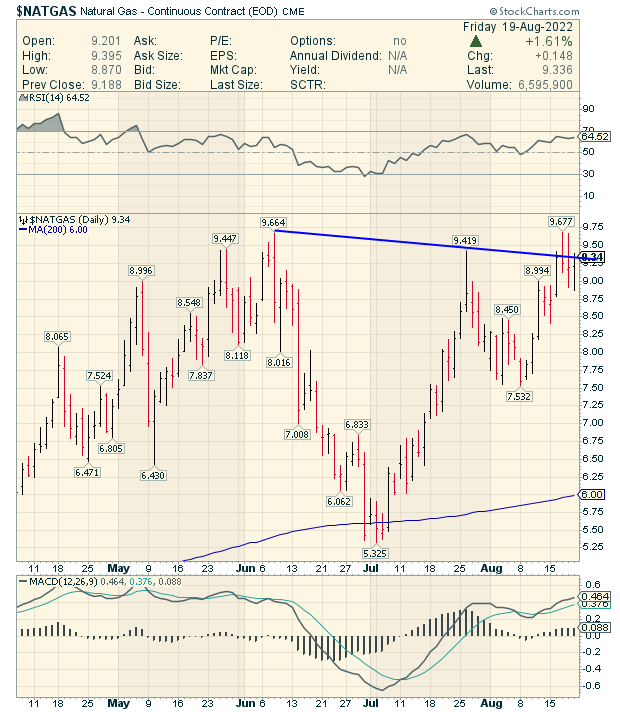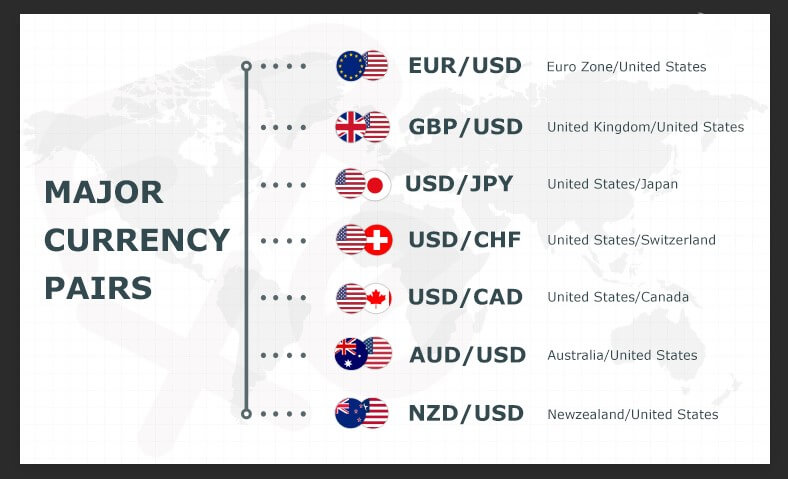- A recession is increasingly likely
- Inflation will continue to accelerate and could peak above 10% this autumn
- Upside risk for inflation is high
- High degree of uncertainty over gas supplies and sharp price increases likely to weigh heavily on households, companies
That’s a fair assessment and one that isn’t quite clouded by political bias for the most part. It almost seems inevitable now especially when you look at how energy prices have gone parabolic in Europe. The set of PMI data releases tomorrow could be what it takes to tip the euro over the edge as it holds on the brink of parity at the moment.






